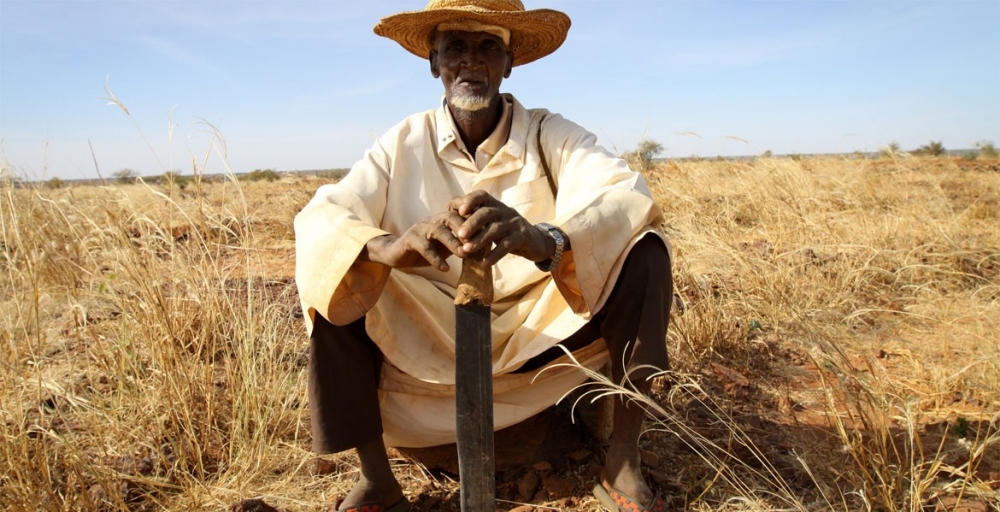Building peace in the Sahel depends on climate resilience, says UN

In the Sahel region of Africa, the call for sustainable peace is crucial to minimise the effects of climate change and to guarantee that communities gain access to various opportunities.
Temperatures in the Sahel are estimated to be 1.5 times higher than the global average, which contributes to its status as one of the most environmentally degraded regions in the world. The area is also plagued by floods and droughts which prohibit people’s ability to feed their families and earn a living.
The Sahel is made up of 10 countries with a combined population of 300 million, 33 million of whom are food insecure and 4.7 million under 5’s suffer from malnutrition.
At a recent meeting between the United Nations Economic and Social Council and the UN Peace Building Commission, officials emphasised that climate resilience and peace are closely linked.
Ibrahim Thiaw, UN Special Adviser on the Sahel noted:
“The Sahel is arguably one of the most vulnerable regions to climate change. It is most likely the region with the largest number of people disproportionately affected by global warming.”
Statistics show that approximately 4.9 million people have been displaced while 24 million people need humanitarian assistance throughout the region.
During the annual session of the Peacebuilding Commission on Monday, Deputy Secretary-General Amina J. Mohammed commented:
“In order to achieve peace and sustainable development, we must tackle the root causes of conflict and crises. These are found in discrimination, human rights violations, weak governance, conflict, and the impact of climate change.”
According to the watershed report by the Intergovernmental Panel on Climate Change (IPCC), food shortages and other risks related to global warming would be lower if the increase in temperatures compared with pre-industrial levels was contained at 1.5 degrees Celsius rather than 2 degrees Celsius.
Climate change effects such as droughts, food insecurity, floods and desertification are major threats to development gains.
At the joint meeting, the Mayor of Dori in Burkina Faso, Ahmed Aziz Dori presented his climate action initiatives to lessen the effects of climate change. For example, providing financial support to farmers, trainings for bee-keepers, reforestation efforts and promoting cross-border cooperation with other countries.
He concluded his statement by saying:
“I ask you to support our efforts, to support the work done in the field, to support the initiatives of the municipalities because their impact is immediate given that they are implemented locally for the well-being of the communities.”
The AIDF Global Summit will return to Washington D.C, in 2019.
If you’d like to stay informed on the latest updates in aid and development, please sign up for the AIDF newsletter.
Photo Credit: UN















